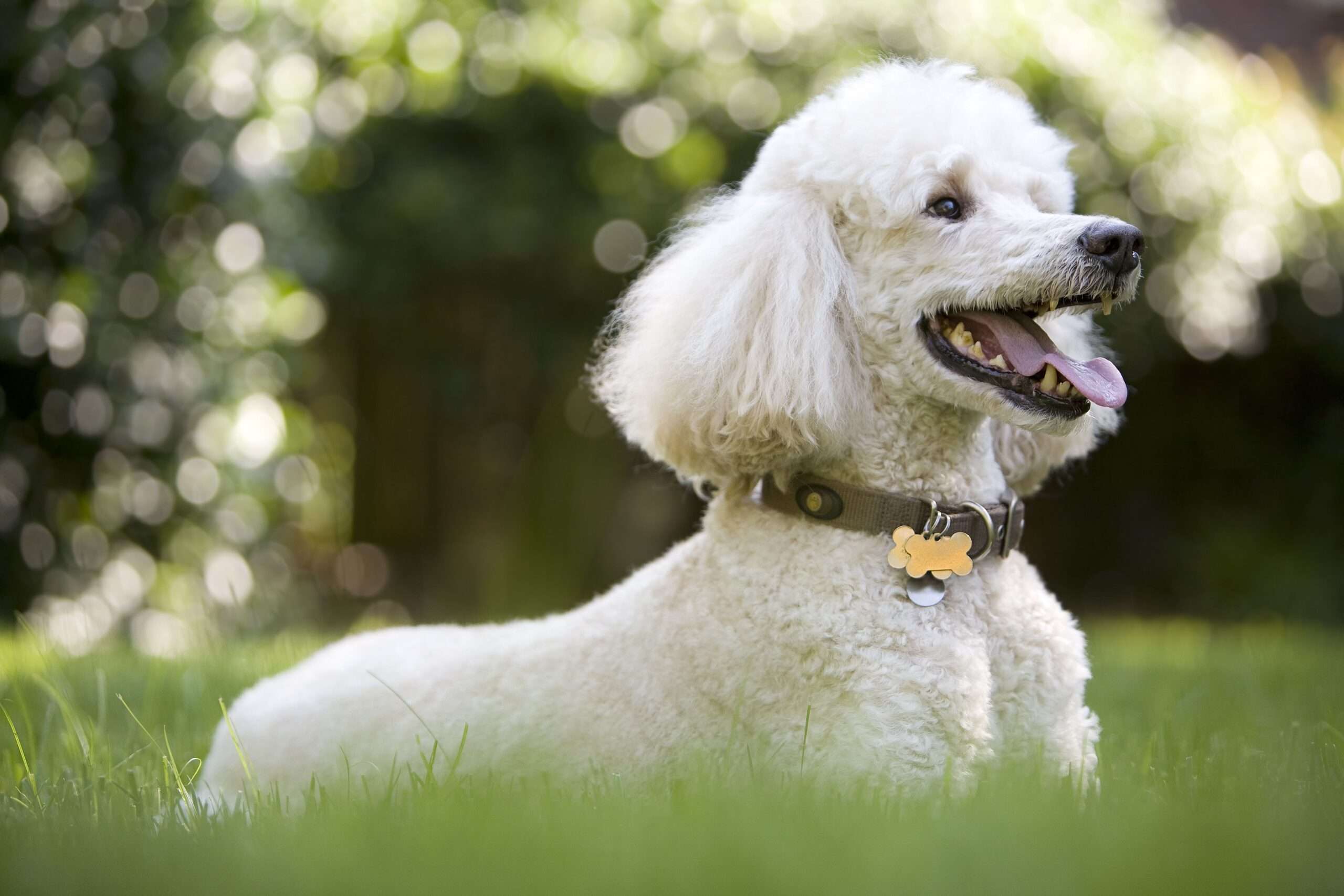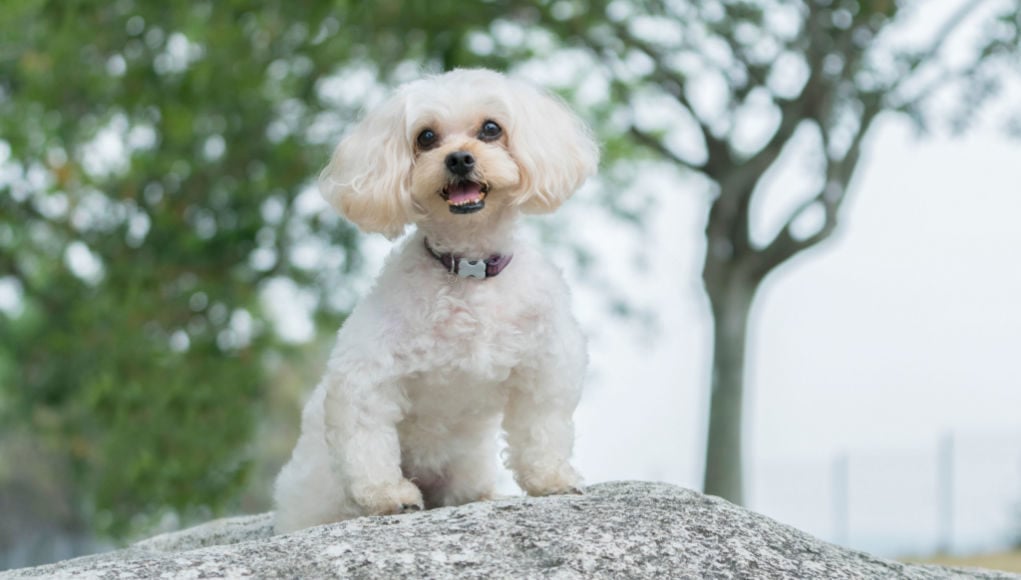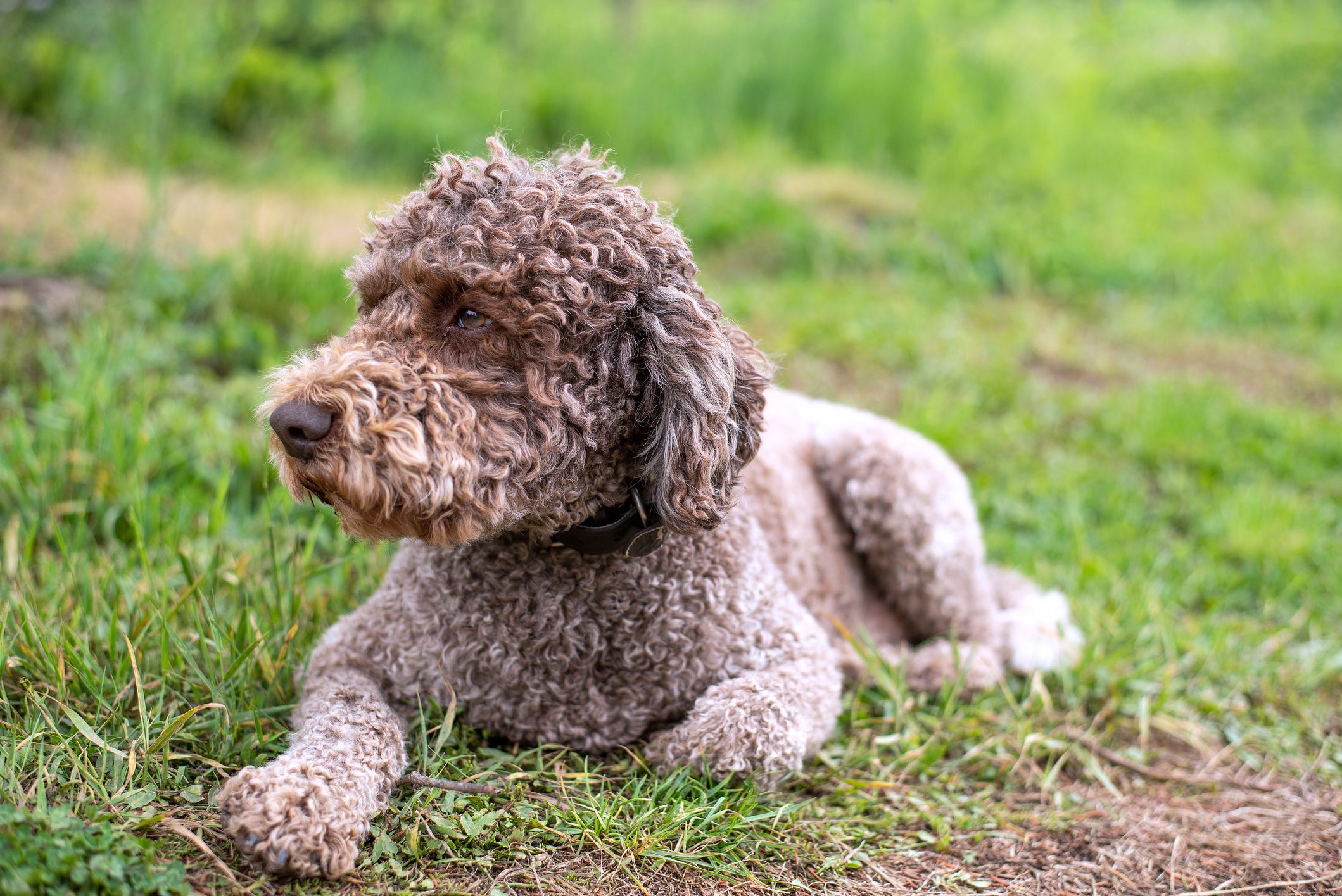Key Takeaways:
- Toy Poodles are small in size, typically weighing between 4-6 pounds.
- They have a curly and dense coat that requires regular grooming to prevent matting.
- Toy Poodles are highly intelligent and trainable, making them great for obedience training.
- They are known for their friendly and affectionate nature, making them excellent companions.
- Toy Poodles require daily exercise to keep them physically and mentally stimulated.
Are you curious about Toy Poodles? These adorable little dogs may be small in size, but they are big on personality and charm. Whether you're a dog lover or simply interested in learning more about different breeds, delving into the world of Toy Poodles can be both fascinating and rewarding. Not only will you discover the unique characteristics that make these dogs so special, but you'll also gain valuable insights into how to properly care for them. Understanding this topic is essential if you want to provide the best possible care for your furry friend or if you're considering adding a Toy Poodle to your family. So, let's dive in and uncover everything there is to know about Toy Poodles: their distinct traits, their specific needs, and why they have become such beloved companions for people all around the world. Get ready to embark on an exciting journey into the world of Toy Poodles!
What is a Toy Poodle?
A Miniature Version of a Popular Breed
A Toy Poodle is a smaller version of the well-known Poodle breed. They are incredibly cute and have a distinctive curly or wavy coat. These dogs are known for their intelligence and friendly nature, making them popular pets.
An Elegant Appearance
Toy Poodles have a graceful appearance with their long necks, slim bodies, and high-set tails. Their eyes are dark and expressive, giving them an alert and intelligent look. They come in various colors such as black, white, apricot, silver, and more.
A Companionable Nature
Toy Poodles are highly sociable dogs that enjoy being around people. They thrive on attention and love to be part of the family activities. These dogs are loyal and make excellent companions for individuals or families looking for a small-sized dog with a big personality.
How big do Toy Poodles usually get?
The Smallest of the Poodle Family
As the name suggests, Toy Poodles are tiny! They typically weigh between 4 to 6 pounds (1.8 to 2.7 kilograms) and stand about 9 to 10 inches (22 to 25 centimeters) tall at the shoulder. Their small size makes them perfect for apartment living or homes with limited space.
Growth Patterns
Toy Poodles reach their full-grown size by the time they are around six months old. Unlike some other breeds that continue growing until they're one year old or more, Toy Poodles mature relatively quickly.
Caring for a Small Dog
Due to their small size, Toy Poodles require special care. They are delicate and should be handled gently to avoid any injuries. Regular grooming is essential to keep their coats tangle-free and healthy. Additionally, they need a balanced diet and regular exercise tailored to their size to maintain their overall well-being.
Common characteristics of Toy Poodles
Intelligence and Trainability
Toy Poodles are highly intelligent dogs. They have an excellent ability to learn and respond quickly to training commands. This makes them an ideal choice for obedience training or even advanced tricks.
Affectionate and Lively
Despite their small size, Toy Poodles have big personalities. They are affectionate, lively, and love to be the center of attention. These dogs thrive on human companionship and enjoy being part of family activities.
Hypoallergenic Coats
One of the reasons why Toy Poodles are popular is because they have hypoallergenic coats. This means that they shed very little hair, making them suitable for people with allergies or those who prefer a cleaner home environment.
Some common physical characteristics of Toy Poodles include:
- Curly or wavy coat
- Elongated face with dark eyes
- Slim body with high-set tail
- Variety of coat colors
- Tiny size compared to other breeds
Caring for a Toy Poodle
Grooming Needs
Toy Poodles require regular grooming to keep their coats in top condition. Their curly or wavy hair can become tangled easily if not brushed frequently. Regular bathing, nail trimming, and ear cleaning are also essential for their overall hygiene.
Exercise Requirements
While Toy Poodles are small, they still need daily exercise to keep them physically and mentally stimulated. Short walks, playtime in a fenced yard, or interactive games indoors can help meet their exercise needs. However, it's important not to overexert them due to their delicate nature.
Socialization and Training
Proper socialization from an early age is crucial for Toy Poodles. They should be exposed to various people, animals, and environments to help them become well-rounded and confident dogs. Obedience training is also important to establish boundaries and ensure they are well-behaved companions.
Are Toy Poodles good with kids and other pets?
Affectionate Towards Children
Toy Poodles can be great companions for children if they are properly introduced and supervised. Their friendly nature makes them tolerant of kids' playful behavior, but it's important to teach children how to handle small dogs gently.
Potential Compatibility with Other Pets
If raised together or introduced gradually, Toy Poodles can get along well with other pets such as cats or other dogs. Early socialization plays a vital role in ensuring positive interactions between the Toy Poodle and other animals in the household.
Exercise needs of Toy Poodles
Daily Activity Requirements
To keep Toy Poodles healthy and happy, they need regular exercise every day. This can include short walks around the neighborhood or playtime in a securely fenced area where they can run freely.
Suggested exercise activities for Toy Poodles:
- Short walks or jogs
- Indoor games like fetch or hide-and-seek
- Interactive toys that stimulate mental and physical activity
- Agility training or obedience classes for additional mental stimulation
Health concerns for Toy Poodles
Potential Genetic Health Issues
Like many purebred dogs, Toy Poodles can be prone to certain genetic health conditions. These may include luxating patella (knee joint dislocation), progressive retinal atrophy (eye disease), epilepsy, and dental issues. Regular vet check-ups and responsible breeding practices can help minimize the risk of these health concerns.
Diet and Weight Management
Toy Poodles have a tendency to gain weight easily if overfed or not given enough exercise. Obesity can lead to various health problems, including joint issues and heart disease. Feeding them a balanced diet appropriate for their size and providing regular exercise is essential for maintaining their overall health.
Tips for maintaining a healthy Toy Poodle:
- Feed them high-quality dog food in appropriate portions
- Avoid giving too many treats or table scraps
- Regularly brush their teeth to prevent dental issues
- Schedule regular vet check-ups and vaccinations
- Keep them physically active with daily exercise routines
In conclusion, Toy Poodles are small, intelligent dogs that make great companions. They require regular grooming and exercise to stay healthy and happy.
Is Toy Poodle high maintenance?
Do toy poodles require a lot of maintenance? In comparison to standard poodles, toy poodles are easier to maintain because they have less hair that needs grooming. However, they still require daily grooming care, so the level of maintenance is dependent on your willingness to put in the necessary effort on a daily basis.
What is the personality of a Toy Poodle?
The Poodle is an energetic, friendly, and loving dog that is highly intelligent and entertaining. They are great companions and enjoy participating in family activities. They can also serve as good watchdogs, alerting the family to visitors without being aggressive.
Are Toy Poodles good house dogs?
Mini and Toy Poodles are highly intelligent and playful dogs that are ideal for individuals seeking a "large dog" personality in a compact and adorable package. They are well-suited for apartment living and have a friendly demeanor towards other dogs, pets, and children.
What do I need to know about a Toy Poodle?
Toy Poodles display high levels of intelligence and can be easily trained. They possess both agility and grace, making them adept at various canine sports such as agility, obedience, and tracking. Additionally, they excel in water-retrieval activities and actively participate in dock diving and retriever hunt tests.
What are the disadvantages of a toy poodle?
Drawbacks! Minimal Shedding These poodles are among the breeds that shed the least. Regular grooming is necessary Toy poodles should be groomed every six weeks at the very least. Highly active Toy poodles with proportional leg and body lengths are highly active and agile.
Do Toy Poodles bark a lot?
Despite their reputation, small breeds like the Toy Poodle and Miniature Poodle are not necessarily excessive barkers. All dogs bark for a reason, so it is important to understand why your Poodle is barking and address the underlying issue in order to reduce unwanted barking.

















